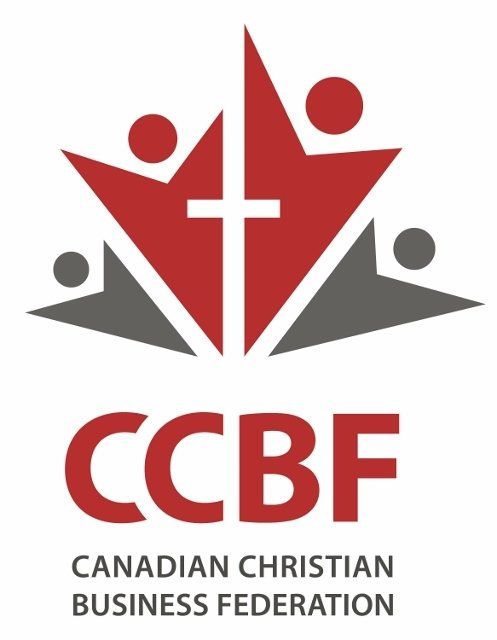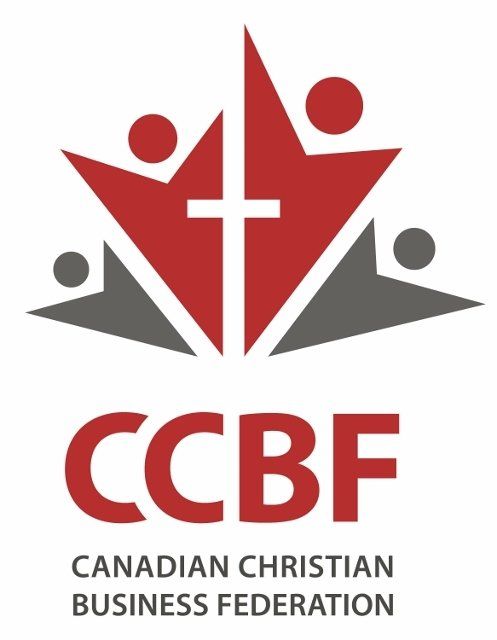Now That I'm In Control!
Three Sources of Power & Influence

Leaders love to be in control. Why? It’s because they want stability, predictability and a sense of security. Being in control means that you must have some form of power or influence you can tap into.
The truth is that all power ultimately comes from our omnipotent God, who gave us our very existence and our ability to serve Him. As we’re reminded in Jeremiah 32:
17 …Sovereign Lord, you have made the heavens and the earth by
your great power and outstretched arm. Nothing is too hard for you.
Our power and influence come as a result of what He gives to each of us to use. Although there are many different types of power available to us, let’s look at three important power sources. Knowing each can help determine which source to choose and when it’s most useful in our businesses.
1. Positional Power
Every employer and employee understand positional power. It’s tough at times to see it exercised. It can be confining and require compliance even though there may be other seemingly worthwhile alternative courses of action.
Although at times, this power seems unreasonable, God has ordained this form of authority both in the political sense and in the sense under whom we place ourselves as an authority as in a business setting:
Let everyone be subject to the governing authorities, for there is no
authority except that which God has established. Romans 13:1
Submit yourselves for the Lord’s sake to every human authority . . . 1 Peter 2:13
Positional power comes from authority, responsibility and accountability delegated to a leader to accomplish the business's mission and goals. However, the challenge becomes how this positional power is used in ways that both respects the employee and assures the outcomes are achieved.
Remember, there are limits to accepting positional power when it violates God’s Word as evidenced in the life of Christ and His apostles when dealing with the authorities of their day.
In what ways do you periodically ensure that positional power
is being properly used by you or your employees?
2. Persuasive Power
A wonderful example of this persuasive power or influence is found in Acts 26 when Paul addressed King Agrippa. Using all of the sound reasoning that he had, along with an emotional and passionate plea, the impact became abundantly clear when:
28 Then Agrippa said to Paul, “You almost persuade me to become a Christian.” (MEV)
Studying Paul’s use of persuasive power can serve as an excellent primer for us to learn how to use this in certain business situations such as marketing and sales.
Persuasive power involves using “fact, figures & feelings” to convince others of a course of action or way of thinking that is advantageous. In other words, this requires reason (head) and an appeal to emotions (heart) to gain the desired outcome.
How effective are you in using persuasive power either in business
settings or in sharing your faith with others, like Paul?
3. Personal Power
Personal power is a form of influence based on the respect and trust established through an individual's integrity in their relationship with others.
A closer look at the Apostle Paul reveals that he not only used persuasive power very effectively, but he also used personal power to influence those with whom he communicated.
This being so, I myself always strive to have a conscience
without offense toward God and men. Acts 24:16 (NKJV)
Personal power is built through a healthy relationship. In many ways, it can be more powerful and influential than either positional or persuasive power. Therefore, it’s well worth developing what is deep within yourself, for that’s what will be revealed in your words, attitude and actions.
What steps are you taking to ensure that your personal power is well
established through respect and trust with integrity?
Looking at these three sources of power, it is readily recognized they can be used for good or bad purposes and in helpful or harmful ways.
Therefore, first and foremost, develop your personal power through growing your relationship with your Heavenly Father. This will help to ensure that your use of positional power and persuasive power is employed for the proper purpose and in the right ways.
As we’re reminded in Proverbs 3:
27Do not withhold good from those to whom it is due, when it is in your power to act.

